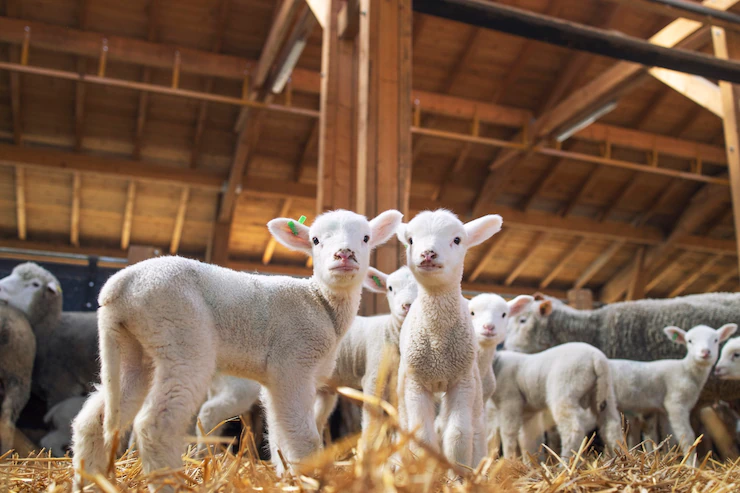Animal welfare and ethical farming practices are important considerations for promoting the well-being and humane treatment of animals in agricultural systems. In South Africa, similar to many other countries, there are regulations and standards in place to address animal welfare concerns and promote ethical farming practices. Let’s delve into the basics of animal welfare and ethical farming practices in South Africa.
- Animal Welfare Legislation: South Africa has legislation in place to protect animal welfare. The primary law governing animal welfare is the Animal Protection Act of 1962. This law prohibits cruelty to animals and outlines the responsibilities of animal owners and custodians. It establishes guidelines for the treatment, care, and transportation of animals, and sets penalties for violations.
- National Animal Welfare Advisory Committee (NAWAC): The National Animal Welfare Advisory Committee serves as an advisory body to the South African government on matters related to animal welfare. NAWAC provides recommendations on animal welfare policies, legislation, and guidelines to ensure the humane treatment of animals in various sectors, including agriculture.
- Animal Welfare Organizations: Several animal welfare organizations operate in South Africa to advocate for animal rights and promote ethical farming practices. These organizations work to raise awareness, provide education, and engage with policymakers to improve animal welfare standards in the country.
- Farm Animal Welfare: Ethical farming practices aim to provide animals with adequate living conditions, appropriate diets, and the ability to express natural behaviors. South Africa has guidelines and standards for the treatment of farm animals, including housing, feeding, and handling practices. The Department of Agriculture, Land Reform, and Rural Development is responsible for developing and enforcing these standards.
- Certification and Labeling: Various certification schemes and labeling initiatives exist in South Africa to ensure consumers can make informed choices about ethically produced animal products. For example, the SPCA Farm Animal Welfare Scheme certifies farms that adhere to certain welfare standards. Additionally, labels such as “Free-Range” and “Organic” provide information about the farming practices used.
- Animal Welfare in Wildlife Conservation: South Africa is known for its wildlife conservation efforts, and animal welfare plays a significant role in these initiatives. National parks, game reserves, and wildlife rehabilitation centers strive to ensure the well-being of wildlife through conservation and management practices that prioritize the animals’ natural behaviors and minimize stress.
- Awareness and Education: Promoting animal welfare and ethical farming practices requires ongoing awareness and education. Various stakeholders, including government agencies, animal welfare organizations, and agricultural institutions, collaborate to raise awareness about the importance of animal welfare and provide training and education to farmers, animal handlers, and the general public.
It’s important to note that while South Africa has made efforts to address animal welfare and ethical farming practices, there may still be challenges and areas for improvement. Ongoing collaboration between government, industry, and animal welfare organizations can help ensure the continued progress in promoting animal welfare in the country.
Join 'Farmers Mag' WhatsApp Channel
Get the latest Farming news and tips delivered straight to your WhatsApp
CLICK HERE TO JOIN






